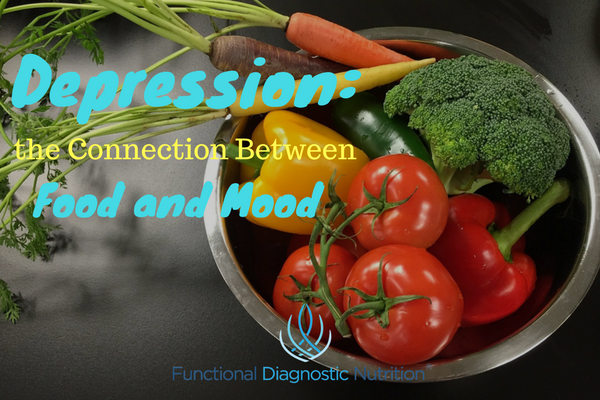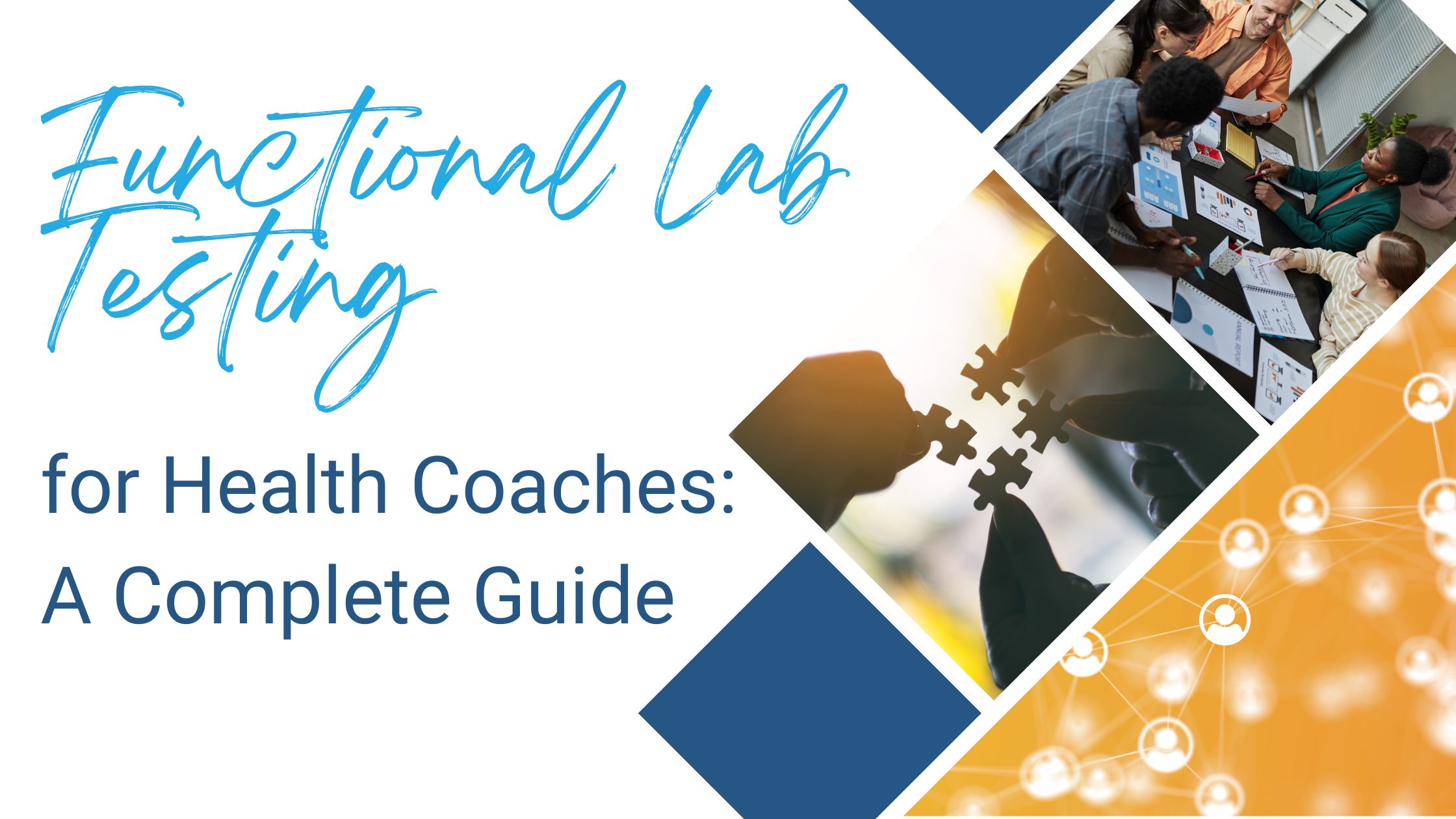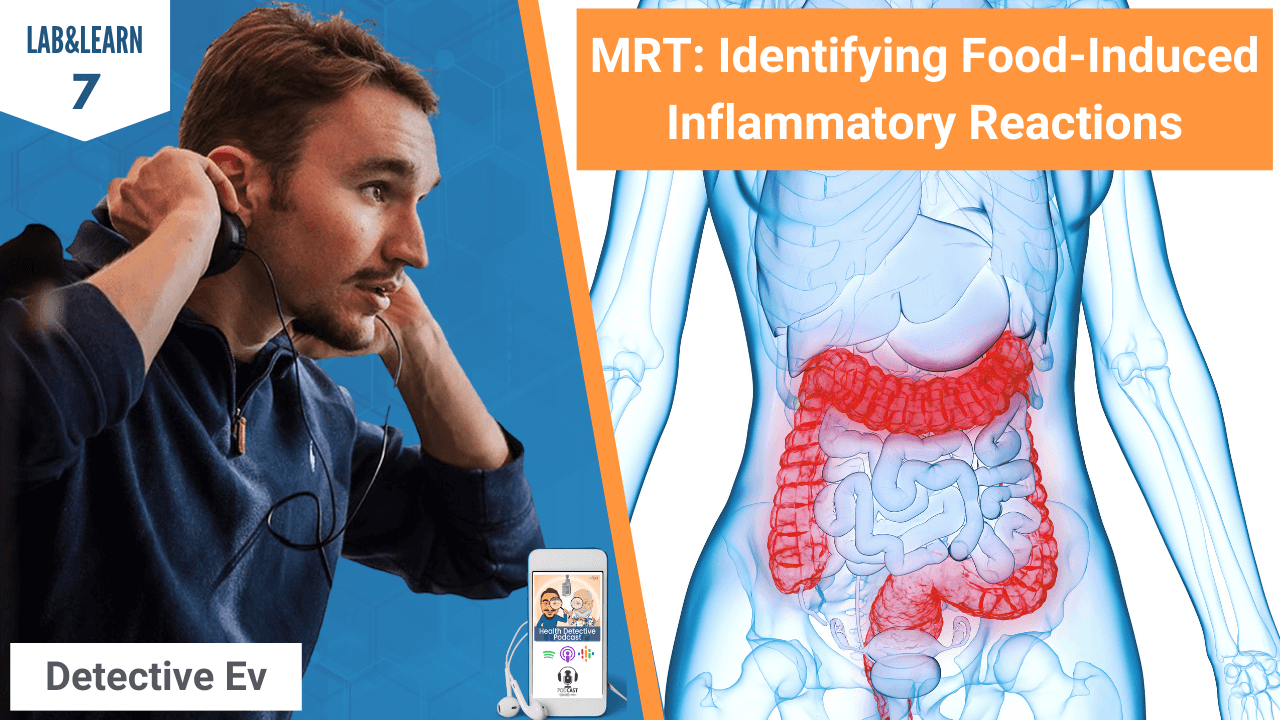In case you needed another reason to stick to your New Year’s Resolution of eating healthy, how does fending off depression sound? Significant evidence suggests that there is a link between your food and your mood. According to a recent study published in the journal, Brain, Behavior, and Immunity, what you are eating (and not eating) can actually make you feel depressed.
The Great Depression Epidemic
Depression affects 121 million people worldwide. The condition is on the rise, and in epidemic proportions.
In examining the rate of depression across the past century, a couple of interesting patterns stand out. First, depression is between 10 and 20 times more common today than it was just 50 years ago. Second, the population of people affected by the condition is getting younger.
In 2011, The U.S. Centers for Disease Control reported that antidepressant use in the United States has increased nearly 400 percent in the last two decades. In 2013, they reported that the number of people diagnosed with depression increases 20 percent each year. Over the past 30 years, the average age of onset of depression has gone from 29.5 to 14.5 years old.
A Modern Affliction
Could the modern lifestyle and comforts of living in today’s world be to blame for the epidemic growth in the rates of depression? Our bodies were designed to be in tune with nature. We are supposed to wake with the sun, move throughout the day, and sleep during the night. We are designed to eat the real, whole foods that were accessible in our environments.
Our modern lifestyle and all of its conveniences has forced us to become domesticated creatures. We live in an artificial environment spending the majority of our day inside climate-controlled buildings and sitting under artificial light. We have been removed from our natural habitat, and it is taking a toll on our physical and mental health. Although food is abundant and plentiful, much of it lacks nutrition and is filled with toxic substances that our bodies do not recognize.
Our Ancestors
Our ancestors did not need to diet or learn about nutrition. If a food item was available to them, then it was either poisonous or healthy. It didn’t take long to figure out which one, and news spread fast about which items to avoid. Since meals needed to be hunted or gathered, overindulgence and mindless snacking were never a problem.
Additionally, going to sleep at a decent hour and getting enough exercise were never a challenge. Daily activity involved plenty of movement, lifting, and sprinting, and when the sun went down, it was time to wind down and go to sleep.
The rise of health problems like heart disease, diabetes, and depression seem to strongly parallel our departure from our ancestral lifestyles. The further we move away from nature, the sicker we become. It is similar to what happens to an animal when they are taken out of their natural environment. They become sick, depressed, and eventually will die.
We might have to work a bit harder when it comes to getting the optimum nutrition, exercise, and sleep, but it’s a huge trade-off for all the modern technology and conveniences that we enjoy. Luckily, with the proper guidance and determination, we can create a lifestyle that protects us from many chronic conditions, including depression.
Modern Food: Fat, Inflammation, Toxins, and Soil Depletion
Fat
Our ancestors, whether from one thousand or one hundred years ago, did not fear fat. Your grandma cooked with butter and lard and didn’t throw away her egg yolks.
The low-fat craze began around the same time the rates of depression and heart disease started to rise. Despite everything we know, the low-fat craze is still alive and well. Skim milk, low-fat cheese, and fat free yogurt are easier to get a hold of than their full-fat counterparts. In the past 50 years, many people have moved away from this ancestral diet and instead adopted a high-carb, low-fat diet, often times in a misguided effort to improve their health.
This type of eating has very real effects on the body and brain. Over half of our cells are made up of cholesterol, and over 60% of the brain is made up of fat. If you’re not eating fat, and the right fats in particular, the brain and body suffer.
Research shows that individuals who consumed more omega-3 fatty acids in their diets had more gray matter volume in areas of the brain important for regulating mood. These results suggest that these specific fats, certainly not fat in general, may confer a protective effect against depression and other mood-related problems.
Inflammation
Our new way of eating also contributes to inflammation. Inflammation is one of the most damaging conditions for the brain and the body. The high-grain, low-fat diet recommended by many medical professionals can be a recipe for extreme inflammation. Inflammatory foods like grains, processed foods, and vegetable oils can lead to the creation of cytokines that prevent the brain from functioning correctly. Inflammatory cytokines push the brain from a “happy” environment of neuroplasticity to a “depressed” environment of neurotoxicity.
Toxins
Food toxins also play a huge role in the onset of anxiety and depression. Not only do they contribute to inflammation, they alter the gut flora. We are just beginning to understand the gut-brain connection. But we know that a troubled intestine can send signals to the brain, just as a troubled brain can send signals to the gut. Therefore, a person’s stomach or intestinal distress can be the cause or the product of anxiety, stress, or depression.
Food toxins like GMOs, vegetable oils, high sugar intake, and processed ingredients negatively impact gut flora. So it’s important to not only minimize these ingredients, but also to embark on a gut healing and maintenance protocol.
Soil Depletion
Prior to soil depletion, our fruits and vegetables contained more vitamins and minerals. Our ancestors had a regular intake of magnesium from food grown in the soil. They also got it from bathing in and drinking water rich with magnesium. Unfortunately, today’s depleted soils yield crops with far fewer nutrients. And the soil and drinking water are no longer rich with magnesium, making supplementation crucial to optimal health.
Magnesium plays several important roles in the body. It is required for cell growth and development, normal blood pressure, and enables thousands of biochemical processes. It also contributes to the proper functioning of muscles and nerves. Without adequate magnesium, the brain will not properly release serotonin leading to both anxiety and depression.
Food and Mood
The notion that what we put into our bodies has a major impact on our health has gained widespread acceptance. Most people would agree that excessive tobacco use will lead to lung cancer. Excessive alcohol consumption can lead to liver disease. And eating too many sweets can set you up for weight gain, diabetes, and a host of other health conditions.
Although there are still many who have not fully embraced the power of food on our bodies, most can at least agree that our food choices have an impact on our overall health.
Depression is not just emotionally rooted
Still, few people are aware of the connection between nutrition and depression. Depression is typically thought of as strictly biochemical-based or emotionally-rooted. On the contrary, nutrition can play a key role in the onset, as well as the severity and duration of depression. Nutritional neuroscience is an emerging discipline shedding light on the fact that nutritional factors are intertwined with human cognition, behavior, and emotions.
It should come as no surprise that nutrition directly impacts brain performance just as it does the functioning of every other organ. The roots of clinical depression involve a complex mix of physiological, genetic, and socio-emotional factors. On a physical level, neurotransmitters are in the spotlight. These chemical messengers travel between nerves in the brain delivering information. Of all the neurotransmitters, the key players in mood disorders are dopamine, norepinephrine, and serotonin.
When we talk about a diet that supports mental health, we’re essentially looking at nutrition that sustains both optimal neurological functioning and hormone balance. This includes avoiding foods that can contribute to inflammation such as processed foods and refined sugars. It also includes consuming nutrients to support brain function, neurotransmitter development , reduce inflammation, and combat oxidative stress. Nutrients needed for proper brain function include amino acids, B vitamins, magnesium, and antioxidants.
Fight Depression with Food
To protect yourself from depression, eat as close to nature as possible, just like your ancestors did. No processed foods, fat-free cheese, or diet sodas. Eat real food. Eat a wide variety of vegetables, animal proteins, fruits, and healthy fats like butter and coconut oil.
The most common nutritional deficiencies seen in patients with mental disorders are of B vitamins, minerals, and amino acids. Many amino acids are precursors to neurotransmitters and when low, contribute to depression.
By limiting your intake of grains, sugars, processed foods, and vegetable oils, you automatically reduce the amount of toxins and inflammation coming into your system. Eating high quality food rich in vitamins, minerals, and antioxidants will fuel the body and brain to work efficiently and keep further inflammation at bay.
It is important to identify any food intolerance or sensitivities when embarking on a healing diet. Some people have undetected food sensitivities to otherwise beneficial food. Even foods like olive oil, avocados, and certain healthy fruits and vegetables can cause major problems for those with sensitivities to them.
Supplementation
And since food just isn’t as nutritious as it used to be, taking a good overall supplement can fill in dietary gaps. It can also counteract the effects of modern toxins, and provide nutritional support. Neurological functioning is supported by a wide array nutrients including the amino acids and minerals, as well as the B-vitamins, vitamin C, and vitamin D, just to name a few. If you’ve been eating processed foods for a while, it’s also a good idea to support the gut flora with a probiotic supplement.
We can go a long way towards healing depression and correcting biochemical imbalances in the body through proper nutrition. Although treatment for depression typically centers on medication and treatment for the mind, it is important not to forget that the body works as a unified system of mind, body, spirit, and emotion. No part of us works independently. And as such, treatment of depression should not simply focus on mental or emotional health. Working on improving the body’s physical well-being at the same time ensures all possible factors are addressed.
The body functions perfectly when there are no physical and emotional blockages preventing it from doing so. Depression is merely the expression of dysfunction somewhere in the body.
Removing external stressors from our diets and our environment can be a great start. In addition, it is good to work with a functional health coach, like an FDN practitioner, to uncover hidden internal stressors and identify healing opportunities through testing and lifestyle changes.
A holistic approach to wellness incorporates diet, rest, exercise, stress reduction, and supplementation in order to support the body in returning to its normal state of function.







